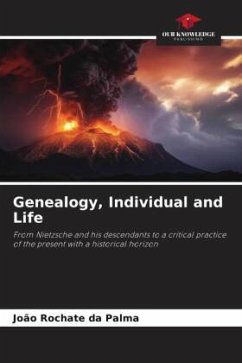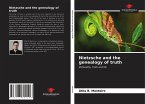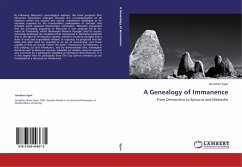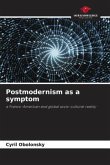Approaching genealogy, under the baton of Nietzsche, subjects us to interpretations and perspectives that make its delineation as a methodology of analysis of ruptures in history, whether moral, institutional or social, a difficult goal to achieve. Thus, this paper includes an analysis of how genealogy is, in essence, a critical practice of the present with a historical horizon. In Nietzsche, we can identify two moments that will accompany this investigation: first, the idea of "using history for life" in the second "Intempestiva", accompanied by what his genealogical project presupposes and how it is in line with the rest of Nietzschean philosophy, around the transmutation of values, nihilism, and the individual; second, that from the conclusions of the previous moment, it is possible to draw conclusions about the role of genealogy as history for life constitutive of the genealogical individual. Contrasting to Nietzsche, his French reception, in Deleuze and Foucault, whose work promoted and brought to contemporaneity the vision of genealogy as a critical practice of the present with historical horizon, as ontology of the present, although far from the end by the author proposed here.
Bitte wählen Sie Ihr Anliegen aus.
Rechnungen
Retourenschein anfordern
Bestellstatus
Storno








